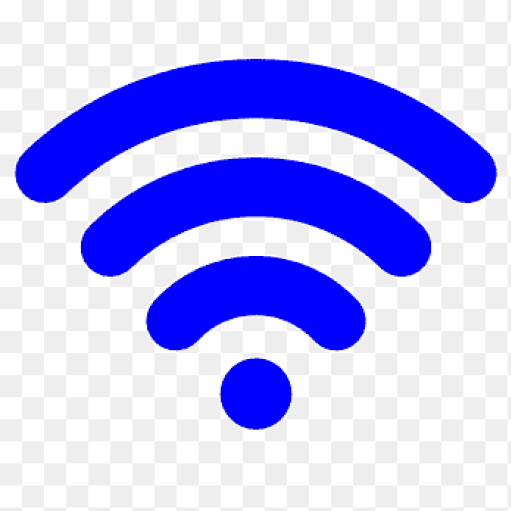An IP Address (Internet Protocol Address) is a unique identifier assigned to devices connected to a network. Think of it as the digital address that allows devices, such as computers, smartphones, or servers, to communicate with each other over the internet. Without IP addresses, the internet as we know it wouldn’t function, as they enable the seamless exchange of data between devices.

Understanding the Basics of IP Addresses
At its core, an IP address is a series of numbers separated by dots or colons, depending on the version used. It serves two main purposes:
- Identifying a Device: Each device on a network has a unique IP address, ensuring data reaches the correct destination.
- Locating a Device: An IP address reveals the approximate geographical location of a device, which helps in routing data accurately.
Types of IP Addresses
There are several types of IP addresses, each serving specific roles:
- IPv4 (Internet Protocol Version 4)
- Composed of four sets of numbers (e.g., 192.168.1.1).
- The most commonly used version.
- Limited to approximately 4.3 billion unique addresses.
- IPv6 (Internet Protocol Version 6)
- Designed to overcome IPv4 limitations.
- Features a longer format (e.g., 2001:0db8:85a3:0000:0000:8a2e:0370:7334).
- Supports an almost unlimited number of devices.
- Public vs. Private IP Addresses
- Public IPs are globally unique and assigned by Internet Service Providers (ISPs). They connect devices to the broader internet.
- Private IPs are used within local networks (e.g., at home or in an office) and are not accessible from outside.
- Dynamic vs. Static IP Addresses
- Dynamic IPs are temporary and change over time. They’re assigned by ISPs to optimize address allocation.
- Static IPs remain constant, making them ideal for servers or businesses that require a consistent online presence.
How Do IP Addresses Work?
When you browse the internet, your device sends a request to a server using its IP address. The server processes the request and sends back the desired information. For instance, when you type a website name into your browser, the Domain Name System (DNS) translates it into the corresponding IP address, enabling the connection.
Why Are IP Addresses Important?
IP addresses are vital for ensuring:
- Efficient Communication: Devices exchange data accurately, thanks to their unique identifiers.
- Security: Monitoring IP addresses helps identify unauthorized access or suspicious activity.
- Geolocation Services: Online platforms use IP addresses to deliver localized content or services, such as weather updates or regional news.
Can You Find Your Own IP Address?
Yes! Finding your IP address is straightforward. For public IPs, simply search “What is my IP” on Google. For private IPs, check your device settings under the network configuration.
How to Protect Your IP Address
While IP addresses are essential for connectivity, they can expose your online activities to potential risks. Here’s how to safeguard them:
- Use a VPN (Virtual Private Network) to mask your IP address.
- Avoid clicking on suspicious links.
- Regularly update your router’s firmware for enhanced security.
Conclusion
An IP address is the cornerstone of modern connectivity, acting as a virtual address for devices on a network. Understanding its types, functions, and importance not only enhances your technical knowledge but also empowers you to navigate the digital world more securely and efficiently. From browsing the web to using smart devices, IP addresses ensure a seamless and interconnected online experience.
